Daewoo to enter India with Kelwon Electronics
The South Korean conglomerate Posco Daewoo is strategically positioning itself for entry into the thriving Indian market. This strategic move aims to capitalize on India’s robust economic growth and surging consumer demand, making it as one of the world’s most promising consumer markets.
Daewoo has a 50-year global heritage in both the Automotive and Electronics sectors. With a significant presence already established in 110 countries, Daewoo has expanded its global reach into India through strategic brand licensing partnerships.
Chan Ryu, Director with Kelwon Electronics to spearhead Daewoo India Operations, emphasized that Daewoo, part of the Posco conglomerate, possesses a globally recognized trademark and a well-established presence in international markets including USA, Europe, China, Middle East, UAE and many more. The rapid growth of the Indian market serves as the primary motivation for their decision to enter this dynamic landscape.
“In our initial stage, we are introducing a range of Power & Energy products, encompassing batteries for both four-wheelers and two-wheelers, as well as inverter and solar batteries. Additionally, we will offer a variety of HUPS inverters and UPS systems designed for both online and offline applications, featuring wall-mounted options with integrated lithium batteries. Furthermore, we are set to launch high-capacity Voltage Stabilizers ranging from 0.5 KVA to 5 KVA to ensure optimal protection for your electrical devices” added Ryu
Sharing the future roadmap Mr Ryu elaborated, “Furthermore, in the upcoming year, as part of our Consumer Durables portfolio, we will introduce a wide range of products including air purifiers, LED televisions, audio speakers, water purifiers, smart fans, air coolers, home automation systems, and a comprehensive selection of small home and kitchen appliances.
These products will offer innovative and diverse features while remaining budget-friendly. Additionally, we have plans to unveil a captivating line of e-bikes and e-cycles in the Indian market.
Ryu further highlighted that this new partnership marks the beginning of a new chapter for Posco Daewoo in India. He also emphasized India’s emergence as a global manufacturing hub and the intent to seize this opportunity by collaborating with an Indian partner who possesses substantial experience and capabilities in the manufacturing, marketing, and sales of Daewoo products in India.
HS Bhatia, the Managing Director of Kelwon Electronics & Appliances stated, “We are delighted to welcome Daewoo, a revered Korean brand, into our brand portfolio. Daewoo boasts a rich history of innovation and enjoys the trust of millions of consumers worldwide. We are enthusiastic about harnessing our innovation capabilities and extensive distribution network to unlock new opportunities for both the brand and our valued customers. This long-term partnership forms the cornerstone for our company’s sustained growth in the years ahead.”
Bhatia remarked, “Today, the entire world is turning its attention to India and its growing market, as our nation is on track to becoming the third largest economy in the world. Emerging sectors such as energy and power, consumer electronics, and, most notably, E-Bikes, will play a pivotal role in driving India toward this significant economic milestone.
With an emphasis on the automotive and energy-related sectors, Daewoo aims to provide cutting-edge products and solutions that align with India’s growing demand for sustainability and technological advancement. India is the world’s fourth-largest retail market and the 16th-ranked country on the 2023 FDI Confidence Index. The retail industry in India accounts for more than 10 percent of the country’s GDP and employs approximately eight percent of the population.
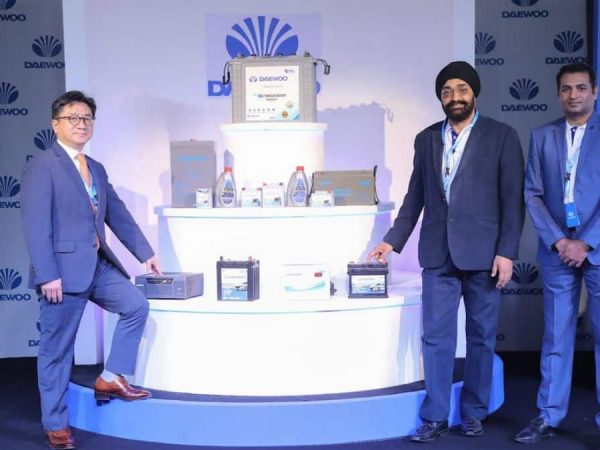

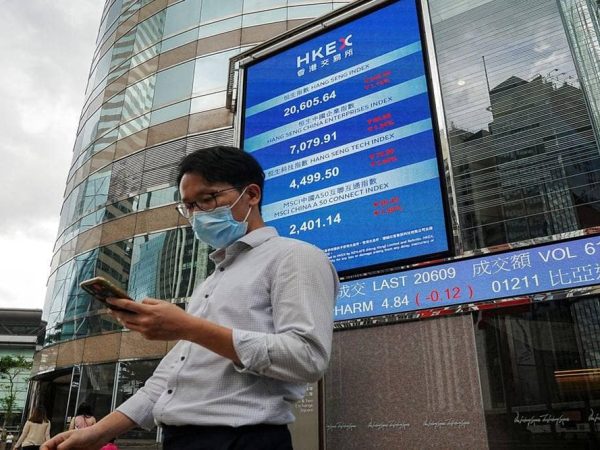
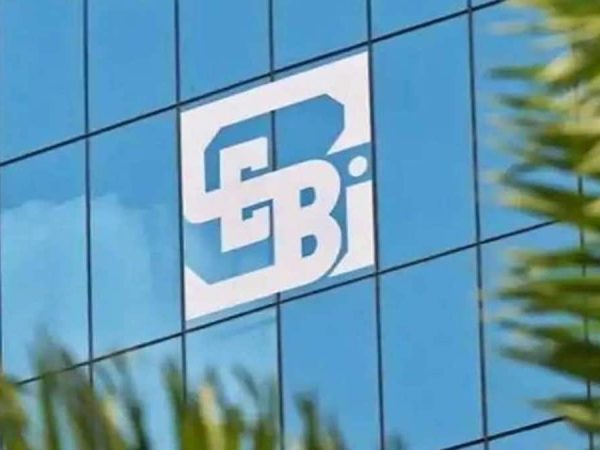
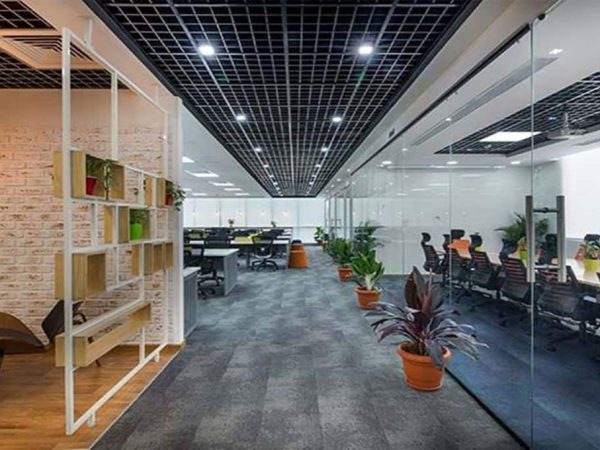
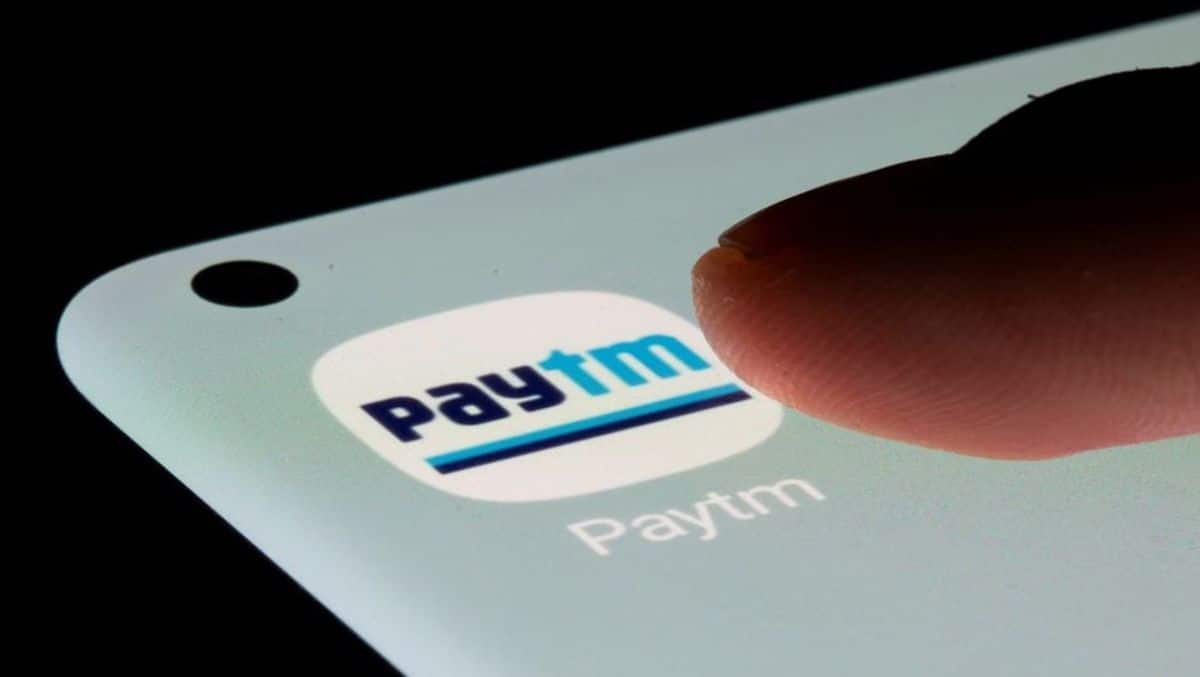
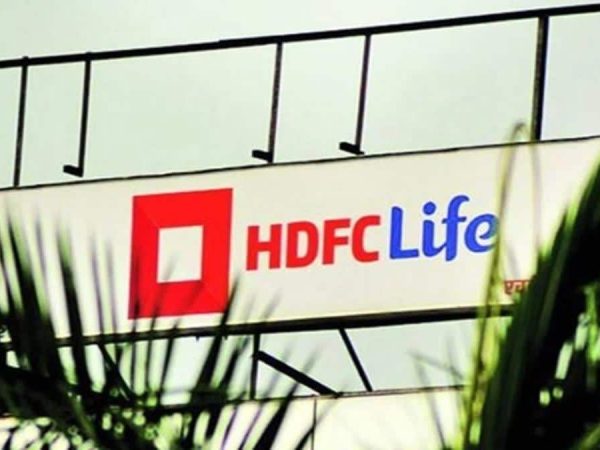

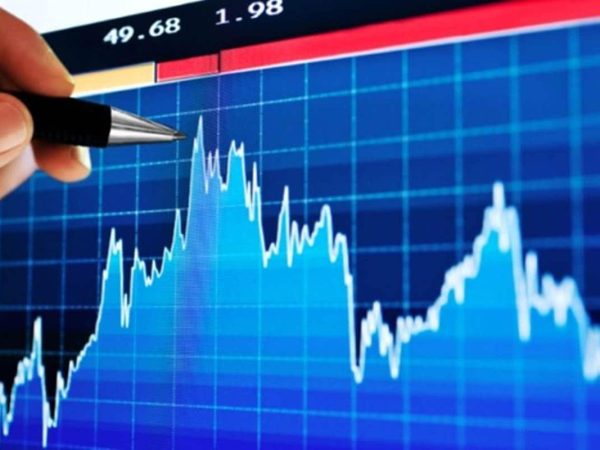

Recent Comments